Finances
What Is a FICO Score? Understand the Basics
What is the FICO Score, and why does it matter? Master the key to better loan rates, understand your credit health, and unlock financial opportunities.
Advertisement
A FICO score can influence loan approvals and interest rates
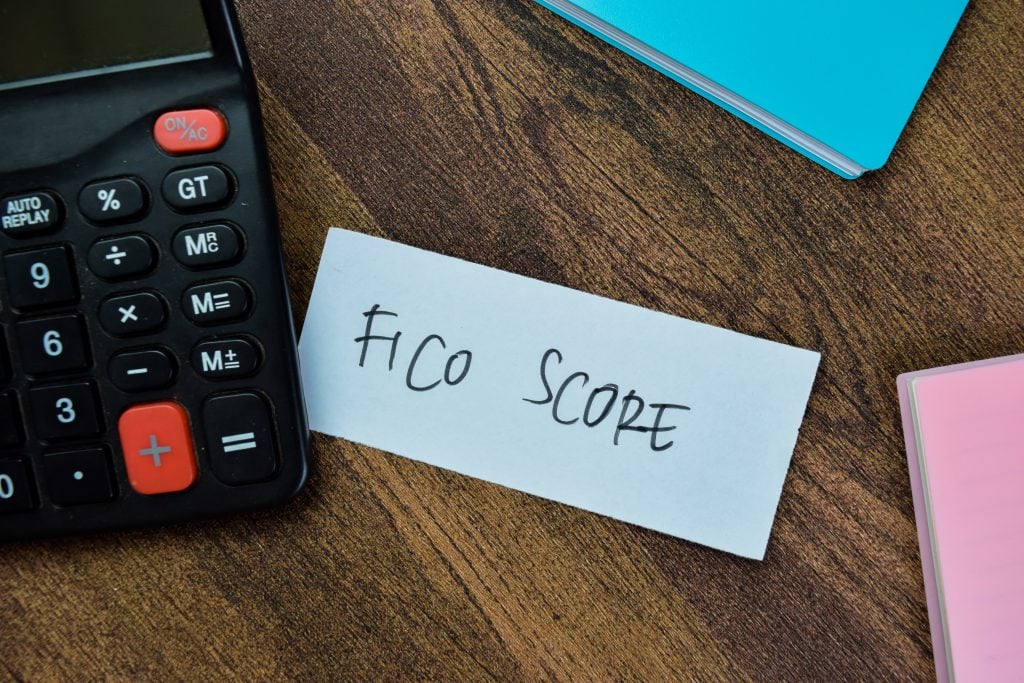
What is the FICO score? This magical number isn’t just a random digit; it’s your financial report card, telling lenders how reliable you are with borrowed money.

What is a good credit score to rent a house?
Are you ready to rent a new house and get one step closer to independence? Then keep reading and learn what the minimum credit score for that is!
This post is your cheat sheet to understand FICO scores, learn how to improve them, and watch your financial goals become reality. Stay tuned!
You will be redirected to another website
You’ll receive messages for less than 1 week, with a maximum of 1 message per day. You can unsubscribe anytime by replying STOP. By submitting this form, I confirm that I am 18+ years old and agree to the Privacy Policy and Terms and Conditions. I also provide my signature, giving express consent to receive informational messages via automated emails, SMS, MMS text messages, and other forms of communication. Message frequency may vary as part of our good-faith effort to respond to your inquiry. Message and data rates may apply. Text STOP to cancel. I understand that my consent to receive communications is not a condition of purchase and that I may revoke my consent at any time.
Advertisement
What is a FICO score?
Have you ever wondered why some people get better loan deals than others? It’s often because of a special number called a FICO score.
It’s like a financial report card that tells lenders how good you are with money.
Simply put, a FICO score is a numerical representation of your creditworthiness.
It’s a three-digit number ranging from 300 to 850, with higher scores indicating better creditworthiness.
So, lenders use this score to assess the risk of lending you money, making it a key factor in loan approvals and interest rate determinations.
Why is your FICO score important?
Your FICO score is like a credit handshake. A higher score means lenders trust you more, so you can get lower interest rates and better loan terms.
That’s like getting a VIP pass in the financial world!
Advertisement
What are the FICO score ranges?
Credit scores are important for your financial health. They fall into different categories, each telling you something about your credit.
So, knowing these categories is important for making good financial decisions.
- 300-579: Poor;
- 580-669: Fair;
- 670-739: Good;
- 740-799: Very Good;
- 800-850: Excellent.
So, if you aim for a score above 670 to open more doors and get better deals.
How is a FICO score calculated?

Your score is like a recipe with 5 main ingredients:
Advertisement
1. Paying bills on time
One of the most crucial factors affecting your credit score is paying your bills on time. It accounts for 35% of your score.
So, it is important to pay your bills on time because missed or late payments can significantly negatively impact your credit score.
2. Amount of debt you owe
Representing 30% of your FICO score, the second ingredient is the debt you owe.
If you have a lot of debt, then it can negatively impact your score.
3. How long you’ve had credit
The third ingredient is the time you have had credit, covering 15%.
A longer credit history can be beneficial for your score.
4. Types of credit you use
The fourth ingredient is the types of credit you use, such as credit cards, loans, or mortgages.
It represents 10% of your score. So, having a mix of different types of credit can be advantageous.
5. How often you apply for new credit
Lastly, another component is the frequency you apply for new credit, covering 10%.
Applying for multiple lines of credit quickly can negatively affect your score. So, avoid it.
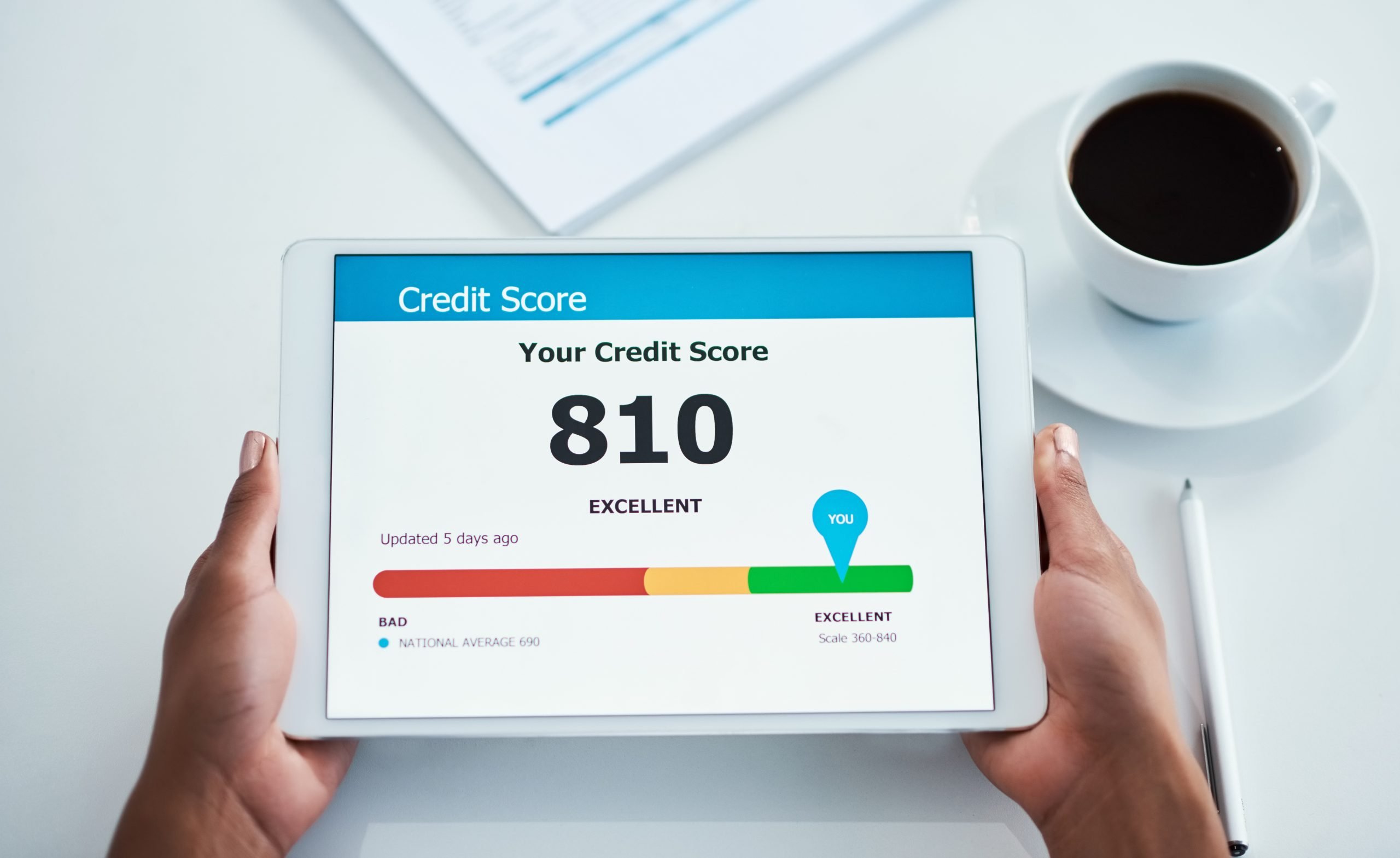
How to get an 800 credit score?
Learn the steps and habits you need to take to improve your credit score and enjoy the many benefits that come with it.
What is the difference between FICO score versions?
FICO scores are calculated the same way across different versions. However, each version may give slightly more importance to certain factors.
For example, one version might care more about credit card usage, while another might be more forgiving of medical debt.
Nonetheless, all versions of the FICO score rely on the same information from your credit report.
What factors influence your FICO score?
The FICO score is based on several factors, including payment history, how much you owe, how long you’ve had credit, the types of credit you use, and any new credit you’ve recently taken out.
Out of all these factors, the two most important ones are your payment history and how much you owe.
These two factors are the biggest influencers on your FICO score because they show how responsible you are for managing your debts and making timely payments.
Where can you check your FICO score? Is it free?
Some banks, credit card companies, and credit unions provide a free service that allows you to check your FICO score.
You can also get a free credit report from each of the three major credit bureaus (Equifax, TransUnion, and Experia) by visiting their website once a year.
However, some providers may charge a fee to obtain your FICO score.
How to improve your FICO score

Improving your credit score is a marathon, not a sprint.
Consistent, responsible credit habits, like timely payments and controlled spending, are the long-distance runners leading you to financial victory.
So, here are 5 easy ways to boost your credit score:
1. Pay your bills on time
Firstly, remember this is the most important thing you can do to keep your credit score healthy.
So, set up automatic payments or reminders to help you pay on time.
2. Use credit cards wisely
Secondly, try to keep your credit card balance under 30% of your credit limit to avoid hurting your score.
You can do this by paying down your balances or even asking for a credit limit increase.
3. Have a mix of credit
Having different types of credit, such as credit cards and loans, can also show lenders that you are responsible for your money.
4. Apply for loans carefully
Also, don’t apply for too many loans at once, as this can make lenders think you are unreliable.
Only apply for loans when you need them, and be smart about it.
5. Check your credit report
Finally, check your credit report regularly and correct any mistakes you find.
Even small errors can hurt your score, so it’s important to stay on top of it.
Ready to unleash your lending power? Check out our review of Plain Green Loans, a lender that offers solutions for those building their financial wings. Read on!

Plain Green Loans Review
Get a same-day funding loan for your emergencies. Here is a Plain Green Loans review to understand the APR, loan amounts, and potential pros and cons. Stay tuned!
Trending Topics
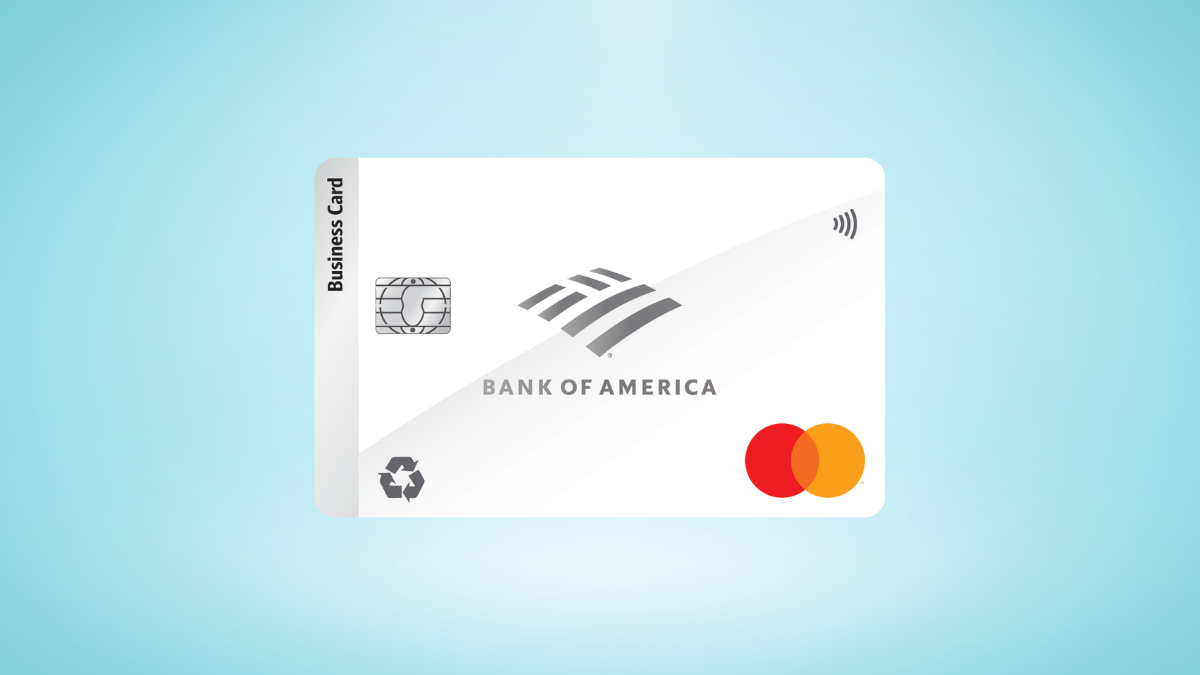
Bank of America Platinum Plus® Mastercard® Business Card: apply today
Need help to apply for the Bank of America Platinum Plus® Mastercard® Business Card? The keep reading! Ensure 0% intro APR and more!
Keep Reading
Porte Mobile Banking review: Get started with no minimum deposit
With this Porte Mobile Banking review, you can find out if it is the perfect banking solution for your lifestyle. Read on!
Keep Reading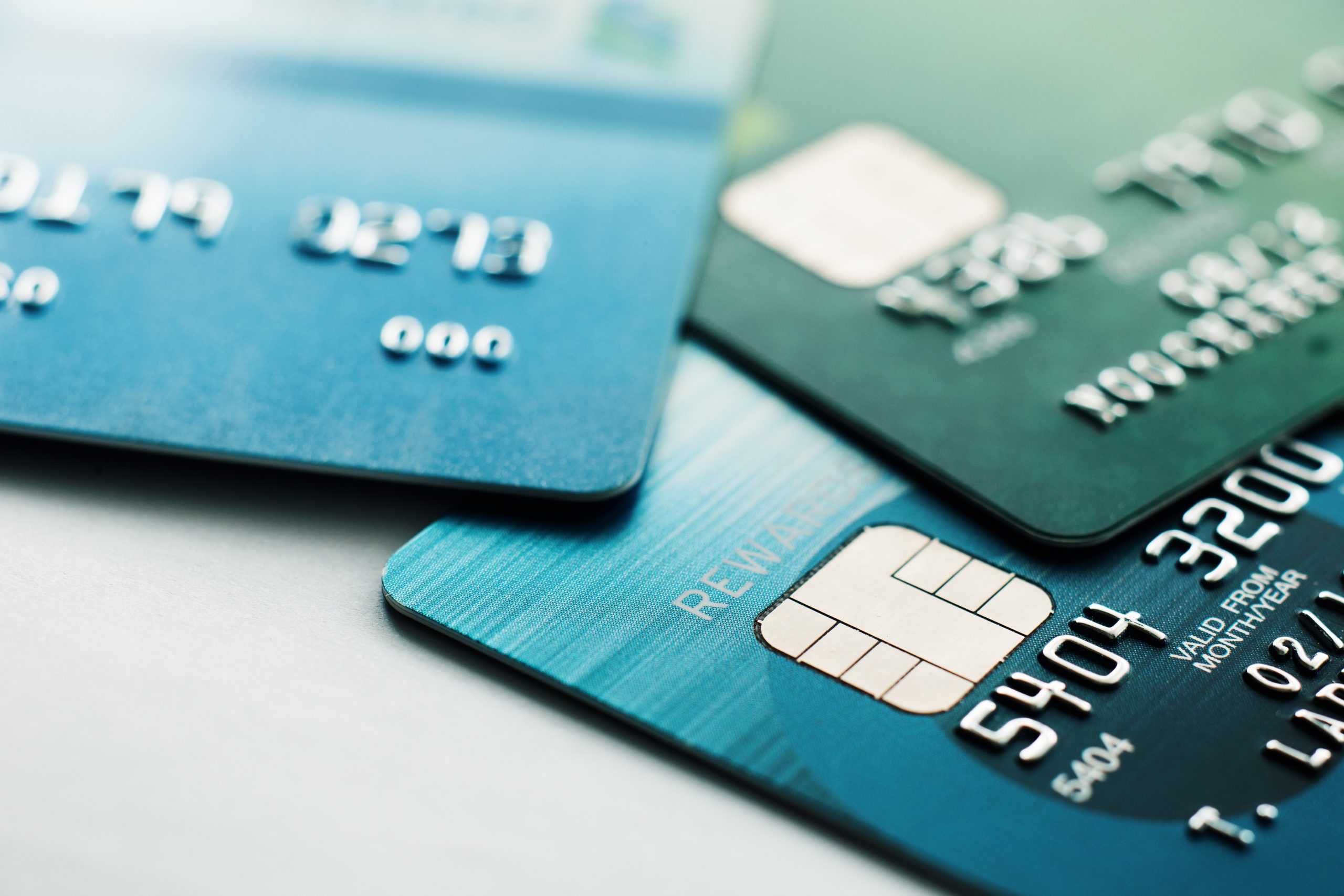
Select the Best Credit Card for Your Needs and Apply Today
Discover the smart way to select a credit card for your financial needs: Types, fees, and choosing criteria. Read on!
Keep ReadingYou may also like

How to buy cheap WestJet flights
Buy cheap WestJet flights to Canada, the U.S., Europe, and dozens of destinations paying less. Flights from $49.99! Read on!
Keep Reading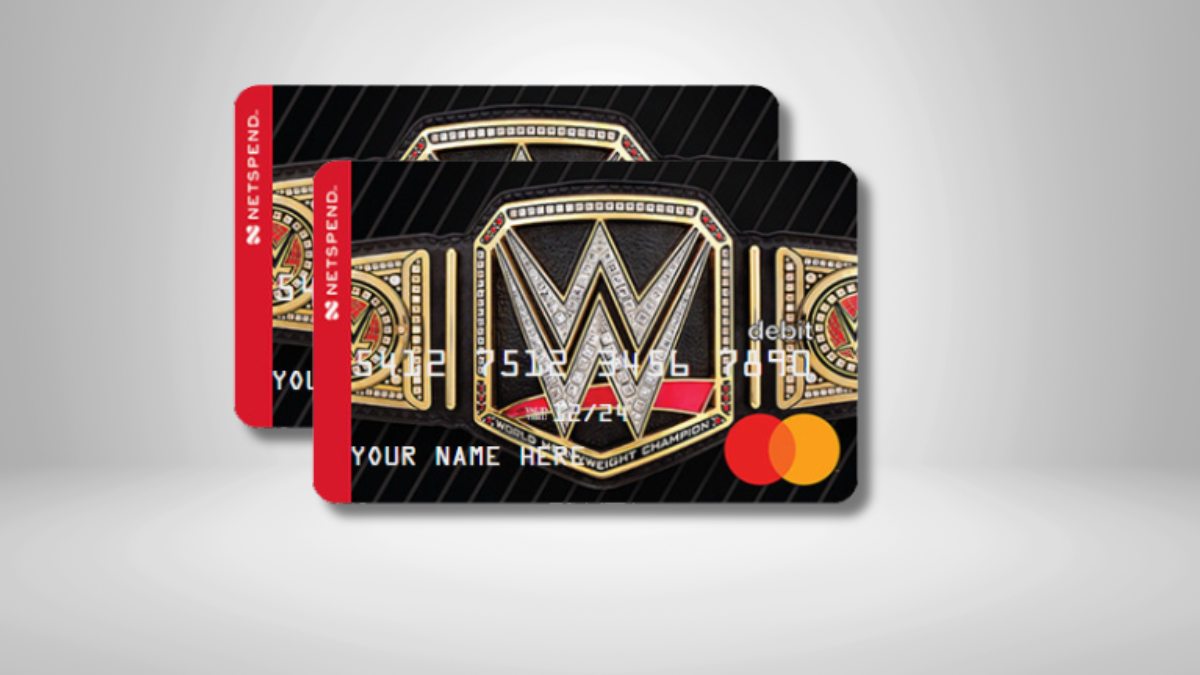
WWE Netspend® Prepaid Mastercard® review: Financial Flexibility
Looking for a prepaid card that makes managing your finances easy? Look no further than the WWE Netspend® Prepaid Mastercard® in this review.
Keep Reading
Rewards program: what to consider before you choose a credit card
Discover what you should consider in a rewards program and what to look for in one. Read on to learn more!
Keep Reading